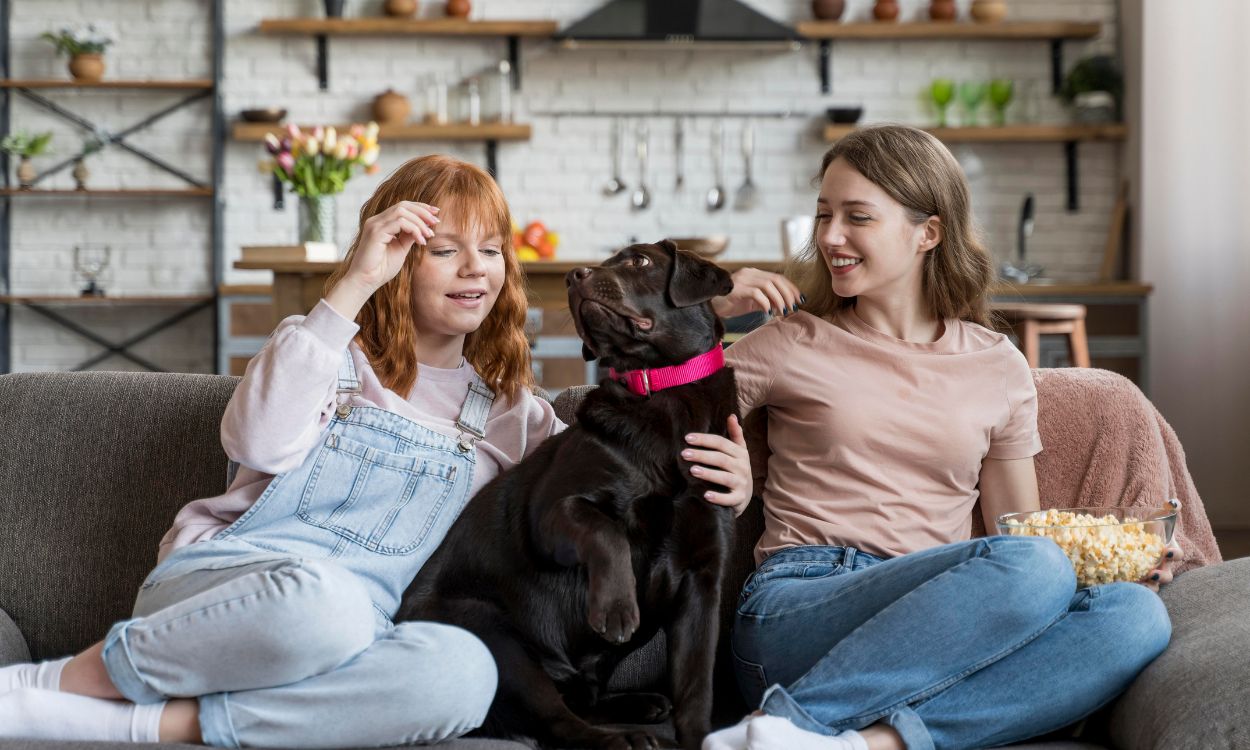Can Pet Therapy Help Control PCOD?
Polycystic Ovary Syndrome (PCOS) is a common hormonal disorder that affects women of reproductive age. It is characterized by the presence of multiple cysts in the ovaries, irregular menstrual cycles, and high levels of male hormones. PCOS can lead to a range of health problems, including infertility, diabetes, and heart disease. While there is no cure for PCOS, there are several ways to manage the symptoms, including medication, lifestyle changes, and therapy. One such therapy that has gained popularity in recent years is pet therapy.
Pet therapy, also known as animal-assisted therapy, involves using animals to help people cope with physical and mental health problems. The therapy has been shown to reduce stress, anxiety, and depression, and improve overall well-being. But can pet therapy help control PCOD? Let’s find out.
PCOS is often associated with high levels of stress, which can exacerbate the symptoms of the condition. Stress can lead to hormonal imbalances, weight gain, and insulin resistance, all of which are common in women with PCOS. Pet therapy has been shown to reduce stress levels by increasing the levels of oxytocin, a hormone that promotes relaxation and bonding. Studies have shown that spending time with animals can lower cortisol levels, the hormone responsible for stress, and increase the levels of serotonin, a hormone that regulates mood.
In addition to reducing stress, pet therapy can also help women with PCOS manage their weight. Obesity is a common problem in women with PCOS, and losing weight can help improve the symptoms of the condition. Studies have shown that pet owners are more likely to engage in physical activity, which can help them lose weight and improve their overall health. Walking a dog, for example, can be a great way to get exercise and reduce stress at the same time.
Pet therapy can also help women with PCOS manage their mental health. Depression and anxiety are common in women with PCOS, and pet therapy has been shown to reduce the symptoms of these conditions. Spending time with animals can increase feelings of happiness and reduce feelings of loneliness and isolation. Pets can provide unconditional love and support, which can be especially important for women with PCOS who may feel misunderstood or stigmatized.
In conclusion, pet therapy can be a valuable tool for women with PCOS. It can help reduce stress, manage weight, and improve mental health. If you are struggling with PCOS, consider incorporating pet therapy into your treatment plan. Fitpaa, an end-to-end AI-driven metabolism monitoring and management technology, can help you achieve your health and fitness goals, including managing PCOS. Download the Fitpaa app today and take the first step towards a healthier, happier you.











